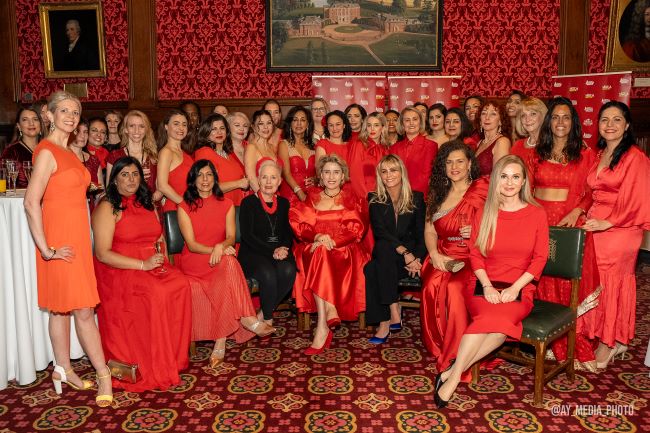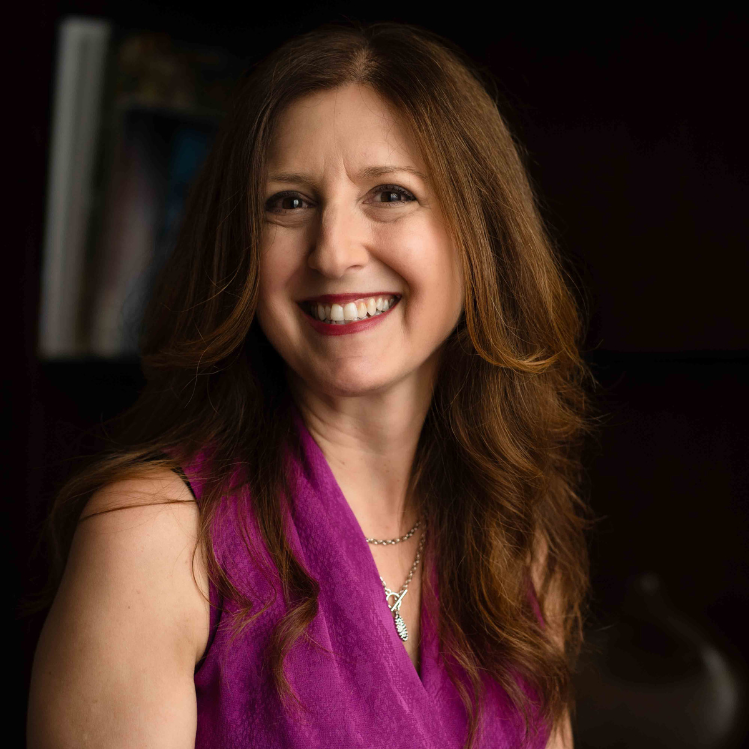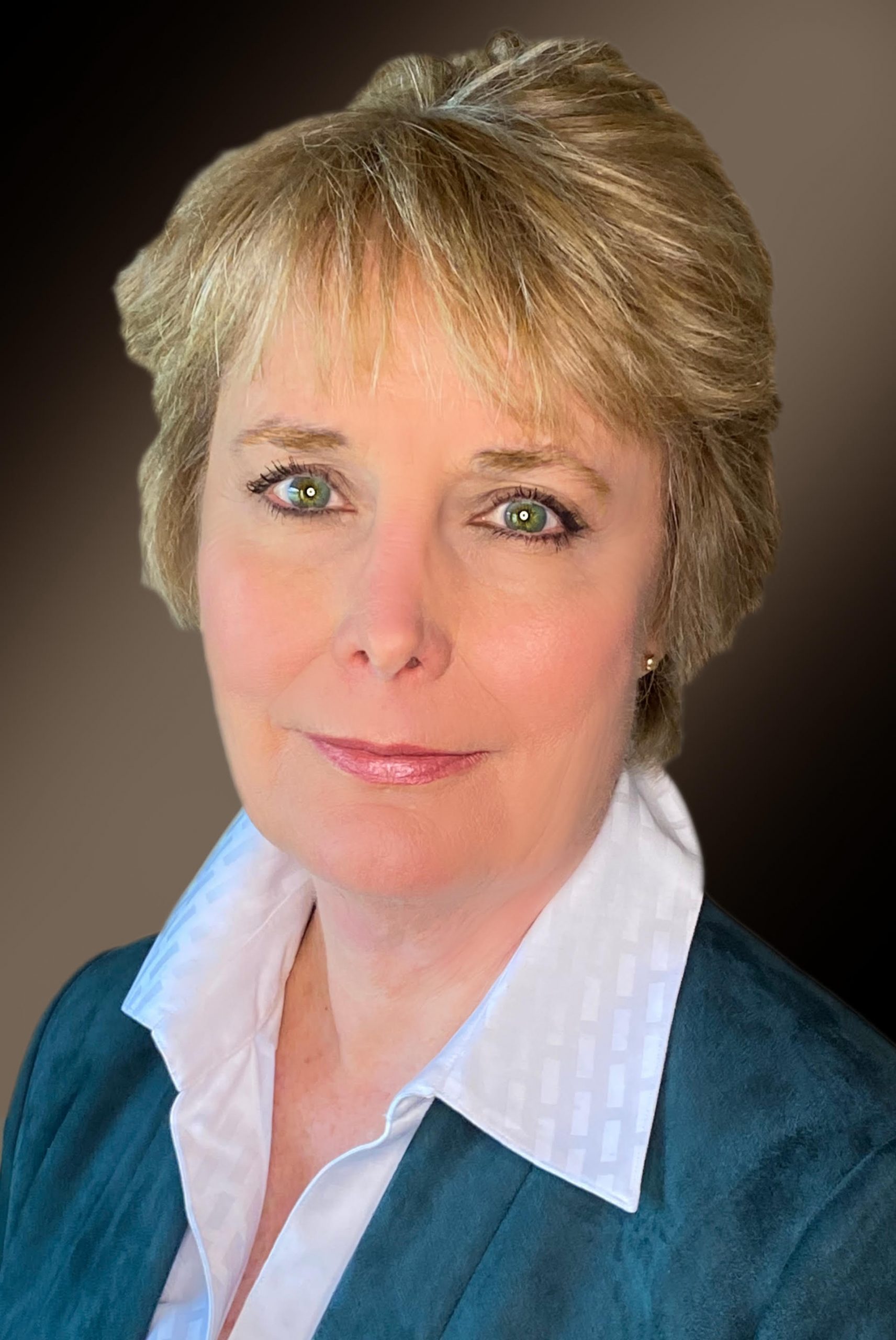
Radhia Gleis: Life Isn’t Meant to Be Stagnant
By Cynthia Vera
After spending over two decades in a cult under the control and influence of a narcissistic, sociopathic leader, Radhia Gleis made the decision to free herself from the shackles of a malignant leader of the Buddha-field – a group established in Hollywood during the early ’80s.
Whilst it was a painful decision that took her over ten years to come to terms with, the author, educator and activist has had no regrets about her time with the Buddha-field group. With the release of her new book The Followers, Holy Hell and the Disciples of Narcissistic Leader, Gleis speaks from personal experiences about dealing with narcissistic leaders whilst drawing parallels to the polarising, contemporary leaders in the political and social landscape of the 21st century like former US President, Donald Trump.
From political leaders, partners or bosses, she explores the ways in which vulnerable people can be easily manipulated by those in positions of power. Especially in an increasingly digitised world bursting with echo chambers that prey on and capitalise on an individual’s feelings. Though the world today is complex and ever-changing with ideologies that conflict our preconceived notions of society, Radhia Gleis gives a raw, honest, personal yet humorous and provocative look at how leaders with narcissistic tendencies manipulate and corrupt their committed followers.
You’ve had a successful career as an activist, wellness coach and author. Where did the drive and passion to become a storyteller begin for you? How do you bring different perspectives and stories to the forefront?
It’s important to me for people to know different perspectives and it’s why I wrote my book, starting from the first section in The Followers called ‘The Journey’ where I talk about my life as a “SNiGlett” (Chapter 1, Life As a SNiGlett) – which comes from my father’s name, Stanley Nicholas Gleis, and his monogrammed initials, SNG. Folks used to call him “SNiG”. We’re storytellers with a wicked sense of humor. If you wanted to survive in the Gleis house, you had to keep up. I also had challenges in school with dyslexia, which no one really knew what it was, especially in the 50s and 60s. It was considered a disciplinary problem. I think that alone, coupled with abuse from the nuns at school, forged my personality and how my life would develop in all those categories you mentioned.
When I got my graduate degree in Nutrition Education, the main takeaway was that when it comes to adults, if you don’t satisfy the ‘What’s in it for me’ factor, they’ll either not be interested or not even retain the information. Let alone be inspired by it. Unlike today’s medical model, where the physician, like a parent to a child, diagnoses a perceived disease and simply gives the patient a drug, leaving them out of their own healing process, I always say to my clients: I ain’t your mama, I’m not here to tell you what to do. I’m here to explain to you what’s happening in your body and how your choices may or may not correct the imbalances for the desired outcome. My goal is to inspire and empower the client to be an active participant in their own healing. As a biochemical analyst, I must take difficult physiological details and translate them into a language that a person who’s not studied this science can relate to. But how do you do that without the person becoming either overwhelmed or just uninterested?
I entertain them with stories, humor, and drama; I even draw pictures. They may not be able to reiterate what I just shared, but they get it on a much deeper level where they feel heard, empowered, and inspired to act. I wish for them what my teachers did not give me as a child. I see so many people in a state of dis-ease today; confused, frightened, and overwhelmed about what’s happening in America and around the world today, and because of my 25 years of experience under the influence of a narcissistic leader, I get it on a deep level. I knew that if I was going to shine some light on the complexities of our present situation; I had to make it personal, humorous, raw, and entertaining, as well as provocative.

In your new book The Followers, you give readers an eye-opening and personal journey that explores the dynamics of groupthink and mind control. Can you give us a brief description of the ways groupthink communities operate to control members?
Groupthink, coupled with strong conformity pressures, can be detrimental when a group ends up making poor decisions because of the influence of a powerful or directive leader. Especially a malignant narcissist, who, if given enough time and support will invariably become an authoritarian figure, and we give them that power. For example, in my book, I go into details about my experiences with a narcissistic leader. There were about 150 members in my group with 150 different stories. Everybody has a story and the complexities of why somebody joins a group depending on their background, their needs; and a lot of reasons that I go into in the book. The need and desire to be a part of collective identity makes group members afraid to express ideas that contradict that of the leader. They’re prevented from making fully informed decisions and because there’s little or no dissent expressed in the group, members come to believe that everybody’s in complete agreement.
One characteristic of a cult is the opposition to a Socratic method of teaching — a form of a cooperative argumentative dialogue between individuals, based on asking and answering questions to stimulate critical thinking and to draw out ideas and underlying presuppositions, to come to your own conclusions. Most religions regardless of their size are the opposite — non-Socratic. That is a recipe for groupthink.
What does groupthink look like in today’s modern political landscape with leaders who might appear like cult leaders?
There’s a difference between groupthink and the wisdom of crowds. So, the past political parties had political ideologies that governed policymaking, but nowadays, the parties themselves have become the political ideologies regardless of the policy, even if it’s against the constituent’s own interest. Today’s political groups base their decisions on social, or more precisely, emotional contexts more than facts or the desire to solve the complex problems of running a country. Newt Gingrich is an American politician who at the 2016 Republican National Convention made a statement that “Feelings are more important than facts”.
I’ve witnessed firsthand what emotions a leader arouses in committed followers, and the followers identify themselves with the leader; whose image becomes incorporated into the collective mind as a kind of new, superego. The leader completes the following self-image, he seems to be the enlargement of the followers who are his own personality. They are a sort of collective projection of himself.
You spent over two decades in the Buddha-field cult – are you comfortable telling us the story of how you ended up under the influence of a “narcissistic sociopath” and how did you find the courage to leave the group and break free of his control?
I definitely opened the kimono, so to speak, about this experience in my book. It’s written in three parts; the first section is called The Journey. It’s about my life where I discuss growing up in Los Angeles in the 50s and 60s, my spiritual search and the pursuit of union with God or enlightenment. The second section is called the Buddha-field, about my twenty-five years in the spiritual community under the influence of a narcissistic leader and how our sincere devotion was used and manipulated by a sociopath. It parallels today’s political divide and our other narcissistic sociopaths and their followers. The third section is called Reflections, which includes more detail about the dangers of groupthink, cognitive dissonance and the complexities of mind control.
I wanted to leave the group in 1995, but I didn’t actually leave till 2006. For eleven years I was conflicted. He just became sort of like an eccentric uncle. But I didn’t know about the abuse until the end. The leader was a homosexual man, so the women were not sexually abused, it was the men. If you’re not a sociopath, there’s a line in the sand that you will not cross whatever that is to you. But there’s a lot of little grey lines that you will step over before you reach that final line in the sand. The final line in the sand for me was when I came to find out that the teacher had tried to seduce a heterosexual man in his hypnotherapy session. The leader made a living as a hypnotherapist. He had our psyche in his hands, and every single week we handed him everything he needed to fulfil his narcissistic scheme — our fears, our skeletons in our closet — everything. He could use that against us, and he did. My final line in the sand was when I found out; not so much that he was trying to seduce this guy, but when the man refused, the leader went behind his back and tried to subvert the situation, calling all his friends, saying ‘just wanted to let you know this guy has a thing for me and he tried to seduce me’.
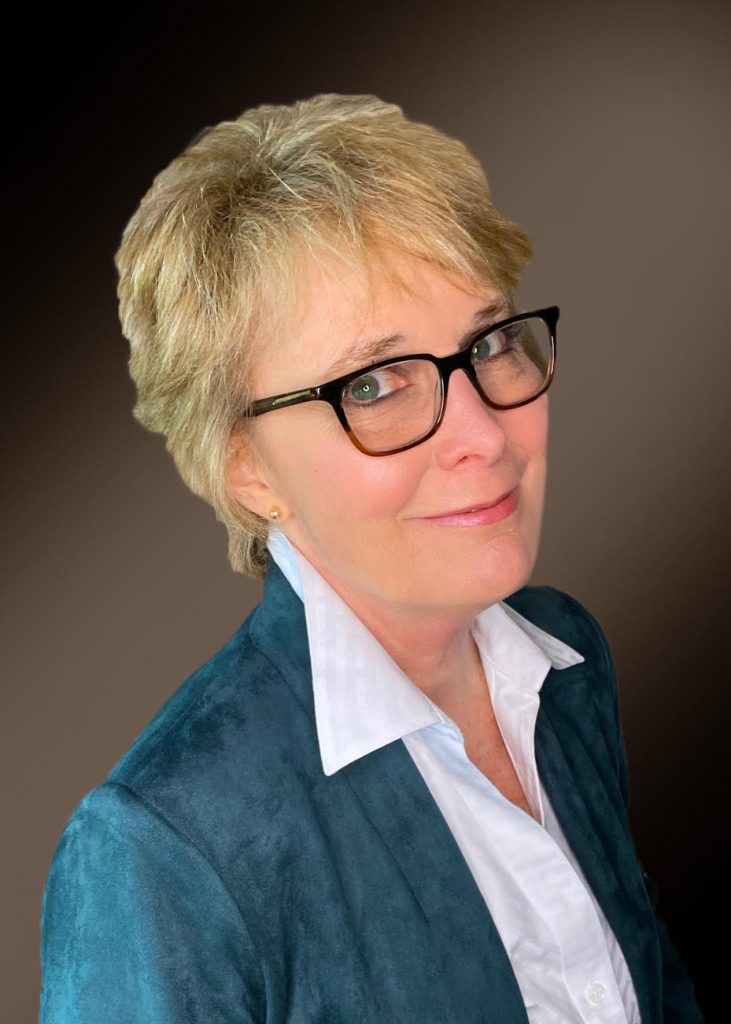
I assume it was quite an overwhelming readjustment after leaving the Buddha-field. Did you face any challenges during this time? How did you negative life away from the group members who made you feel safe and seen?
I knew what would happen if I left. I saw the consequences of others before me when they left. Like me, they were ostracized, demonized, and in many cases isolated. My mother and father were dead by that time, and my brother had disowned me. I had no friends on the outside. I knew I would have to face a world of isolation and rebuke on my own. Because of the intermingled relationships with Buddha-field members, both in business and socially, when they renounced me, I lost everything. My partner and some staff in my clinic abandoned me. Some stayed in the clinic at the leader’s request to spy on me and report to him my every move. I had a real-estate business with one of the members, who deserted me, cut off all communication, and left me with massive debt. Consequently, I lost my house and clinic, went bankrupt, and one of the properties (in my name) was forced into foreclosure. I was left to face all of this alone, without my family, without my best friends or business partners to even talk to, let alone get support.
People ask me, how did I heal? Quite frankly, I didn’t have time for the luxury of healing per say. But time does heal, and I found my way to the other side. For those who are beginning to wake up and trickle out of a cult; or people who are victims of narcissists – whether it’s your boss, spouse, or a family member – to break away from that will cause trauma. But I promise you, there’s a light at the end of the tunnel. There is life after the group. There is life after leaving the narcissist. There is life when we make changes. I think the biggest takeaway that I had is that life isn’t meant to be stagnant. We make these choices throughout our life, and we continue to face new challenges, new doors, open and old doors close. That’s what you’re meant to grow with, and I did grow. I don’t resent or have any remorse about my 25 years in the Buddha-field. I learned so much.
Knowing all the things you know now and all your experiences, what would you say to your younger self?
I would have said listen to your instincts because you have the courage – it would have been okay. But otherwise, I have no regrets. I’m grateful and I live such an interesting and extraordinary life.
It almost seems like cults are more accessible in our current landscape with groups using polarising political and cultural ideologies to influence the masses. What exactly makes a cult and how do they target people?
The difference between a cult and a club, for example, is that there is generally a leader, and most cult leaders are usually white males with narcissistic tendencies that usually blossom as the group feeds his narcissism. Becoming a member of a cult has little to do with a person’s intelligence or level of education. No one wakes up one day and says, I think I’m going to join a cult.
After the movie Holy Hell, I heard many people say, “I would have joined that cult”. And why not? We were happy, healthy, young people living a utopia-like world that looked fun, safe and meaningful. But as most societies are ruled by leaders, it’s only a matter of time where power corrupts, and the dark side begins to emerge. This happens in all societies, whether they’re small, like our group — a microcosm of the bigger world, like a country. When the group feeds those narcissistic tendencies of corruption, it can grow with potentially dangerous outcomes.
On the other hand, there were people who saw the movie that said, “I would never be that stupid; how could anyone fall for that?” I find that comment particularly amusing because anyone can be susceptible to cult influence under the right conditions. Let’s face it: a narcissist is a con artist. They figure out what you want, what you’re afraid of. The followers are open and willing to be seduced — duped in exchange for lies and empty promises. The cult offers a sense of safety or purpose. The people who are the most susceptible, usually, are stressed or emotionally vulnerable, some may have been indoctrinated since they were children into a belief or an ideology, whether it is a religious or political ideology.
But many times, you may be simply searching for meaning and a connection in this very superficial world. You’re lonely, searching to belong, searching for a community. You’re searching for something outside of the status quo or like me, I was on a mission to find Nirvana, which was influenced by the saints of the Catholic church where I was indoctrinated as a child. Everybody has their reasons, and everybody has commonalities. Everybody in the Buddha-field was looking for Nirvana or union with God, and they instantly recognized me as a sister, as someone who belonged with them. They made me feel good and wanted and connected. The leader’s rhetoric makes you and the members feel special and unique.
Today’s world is so complex and diverse, much of it is terrifying. The media exploits massive amounts of information, real or made up. It can be scary and overwhelming, so being with a tribe of like-minded people, you get a sense of shelter. Eventually, you will build a facade of exceptionalism where your tribe becomes exceptional to other tribes. This is the polarizing aspect we’re seeing in a lot of the social and political paradigms today.
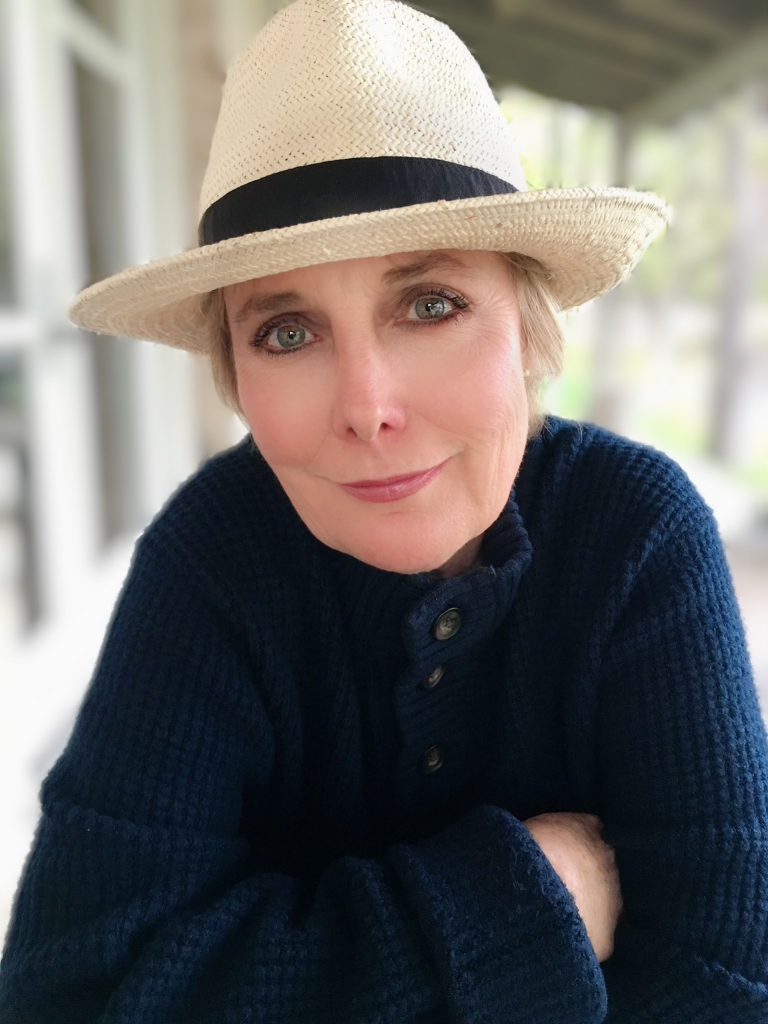
Social media allows easy accessibility to any groups and communities of like-minded people. Do you think it has an impact on people who are trying to find a space to belong?
In this 21st century cyber world, we have the modern phenomenon of media echo chambers, where people choose to hear what they want to hear, and the media and social networks are happy to oblige. People are more interested in how they feel rather than facts. They’ll look for places that provide a reflection of their identity. Looking for like-mindedness validates their desired compatibility and makes them feel safe. I have always said that as long as we have identities, we will never have peace on Earth. We’re labelled with such identities from the moment we come out of the womb — our sex, our race, our nationality, our religion. Then we are herded into a tribe with those compatible ideologies and beliefs. It’s very difficult for one to be an individual, especially when society and the media directs us in one place or another to match up to our like-minded thinking and conformity.
The media takes little or no responsibility for what they’re doing and it’s just business to them. Nothing personal. Social media uses algorithms to read what your interests are and then directs you to that. We’re literally unwittingly slammed into tribes, we’re forced into cult thinking and it’s a unique phenomenon today that has directed indoctrination. We are really victims of this modern, 21st-century plight.
Do you have any advice on how we can watch out for cult-like groups and get out as soon as possible?
Know how to recognize a narcissist, and I do really want to reiterate the dangers of a malignant narcissist. They are, or they believe they are untouchable, inhabiting a different, special reality. It’s important that we do not feed their narcissism because — like we did in the Buddha-field — sycophantic adoration to a narcissist will create a monster. We’re doing that in America right now with Trump. Narcissists have an inability to empathize, they do not care about you, and we need to realize they only care about themselves and they will do anything to feed their insatiable appetite for self-aggrandizement. Including appearing as loving, holy, smart, and talented. They’re very skilled at figuring out how to get that supply from you, so don’t make the mistake of thinking that you’re smarter than them, because you’re not.
If they pull others down and put themselves above others, that’s a narcissist. If they try to control everything, that’s a narcissist. If they try to convince you that they alone can fix the problem or give you what you desire, that’s a narcissist. They will manipulate their hierarchy, like with the guru and the Buddha-field. He made the layers of the hierarchy, with minions below him, offering them a bit of their own narcissistic supplies so he could reinforce his stronghold.
Narcissists only become pathological, malignant leaders when we feed them. If we see that characteristic in a political leader, a boss, a partner, run! It’s up to us to protect ourselves by avoiding the narcissist wherever possible. We must starve their insatiable appetite for self-aggrandizement and not expect them to change because they never will. This is the pathology of malignant narcissism. It’s not a character flaw, it’s a mental disorder.
The book The Followers, Holy Hell and the Disciples of Narcissistic Leaders is not a story about me per se, or some broken, gullible individuals, or the past; it’s a story about what’s happening today—to all of us.




